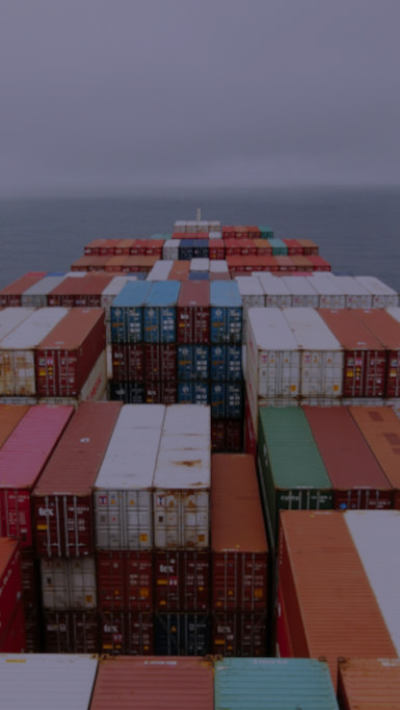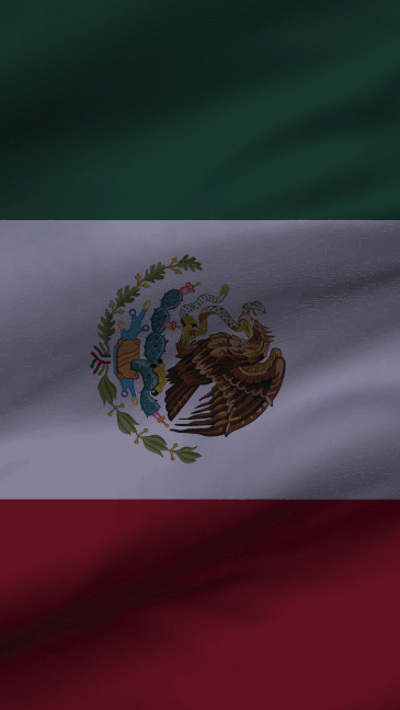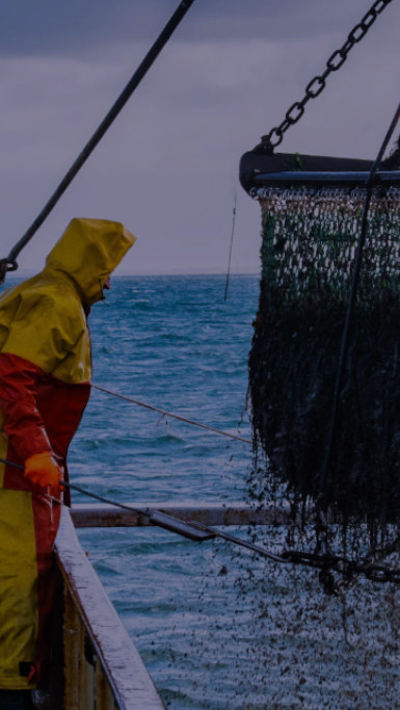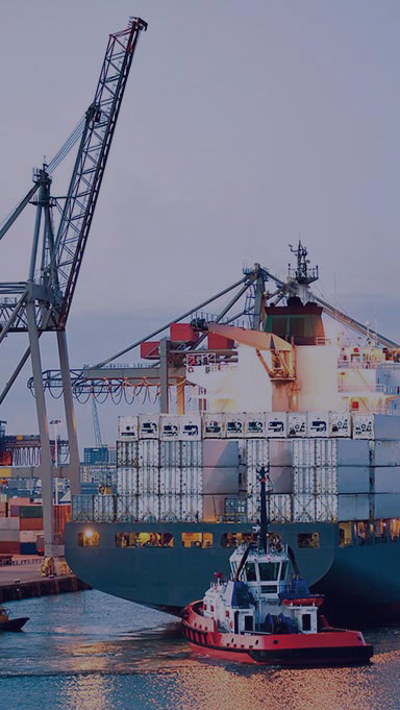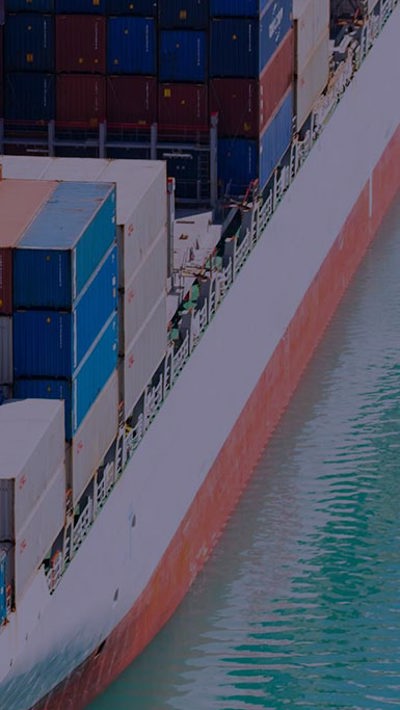Speak to our experts
Contents
Modern slavery is a developing risk for New Zealand businesses and is commanding a higher profile within the boardroom and from the media.
This is already translating into pressure for legislation – a near inevitability after the passage of Australia’s Modern Slavery Act (the Act) in 2018.
We catch you up with recent developments.
The reach of the Australian Act
New Zealand businesses with consolidated revenues of more than AU$100m that operate in Australia must publish annual Modern Slavery Statements explaining how they proactively manage and mitigate the risk of “modern slavery” – including forced labour and other severe worker exploitation – in their supply chains.
They must submit these statements within six months of the end of their financial year. This means by 30 September 2021 if their financial year ends 31 March 2021, and by 31 December 2021 if their financial year ends 30 June 2021.
Many caught by the reporting requirements have now submitted their first statements and are looking to demonstrate progress in the second round.
So far, 2,500 Statements have been uploaded to Australia’s modern slavery register, covering more than 5,000 reporting entities across 40 countries. The Australian Border Force (ABF) can issue non-compliance notices to businesses that have not provided a Modern Slavery Statement.1
There is increasing scrutiny of published Statements, with over 400,000 public searches of the register. Early studies report only 8% of reporting entities going beyond a basic analysis of addressing modern slavery risks in their supply chain,2 with only 17% of companies having identified actions to ensure they were receiving and responding to modern slavery complaints.3
An assessment on disclosure quality from ASX 100 reporting entities identified that only 17% provided specific KPIs for effectiveness assessment.4
No room for complacency
Modern slavery is not an abstract threat. Latest estimates put the number of victims globally at 40 million.5 And it’s a real concern in New Zealand. Last year the Crown prosecuted 10 charges of trafficking people and 13 charges of dealing in slaves under the Crimes Act 1961.6
Even New Zealand businesses who do not come within the Act’s reporting requirements but are within Australian supply chains will notice increasing focus on modern slavery risk. Market practice includes:
- staff training to identify and manage workforce or supply chain exploitation
- putting in place a supplier code of conduct to incorporate modern slavery risk management and/or incorporating modern slavery risk management in a business’ procurement code
- reaching out to key suppliers that are high risk, and/or
- including clauses addressing modern slavery risk in supply contracts.
Will New Zealand legislate?
The short answer is “probably”.
The Ministry of Business, Innovation and Employment was tasked in September last year with considering potential law change, and it would appear to sit well with the Government’s wellbeing “brand”.
There is also considerable support for the concept in the business community with over 100 New Zealand businesses and organisations recently signing a letter asking the New Zealand Government to consider developing a modern slavery act.7
And Auckland University’s recently established Centre for Research on Modern Slavery released a White Paper last month (September 2021) recommending the introduction of due diligence legislation, disclosure obligations, and an extraterritorial penalty regime.8
Our thanks to Danae Wheeler and Ciara Derecourt for assisting with this Brief Counsel.
1 Australian Border Force “Goods Compliance Update” (October 2020)
2 AFR “Companies risk litigation over modern slavery ignorance” (16 December 2020)
3 ASCI “Moving from paper to practice: ASX200 reporting under Australia’s Modern Slavery Act” (July 2021)
4 Monash Centre for Financial Studies “Modern Slavery Statement Disclosure Quality ASX100 Companies” (5 August 2021) at 11
5 Walk Free “Global Slavery Index”
6 R v Matamata [2020] NZHC 1829 [27 July 2020]. Mr Matamata is appealing this decision.
7 https://www.signforfreedom.nz/uploads/8/9/4/0/89405540/open_letter_to_nz_government.pdf
8 Centre for Research on Modern Slavery “Toward a Modern Slavery Act in New Zealand - Legislative landscape and steps forward White Paper” (September 2021).














































